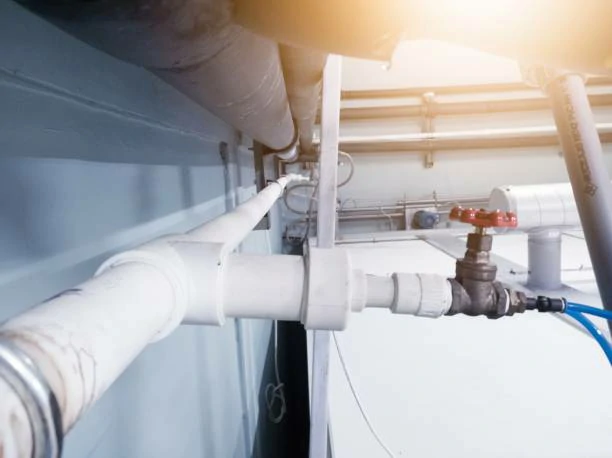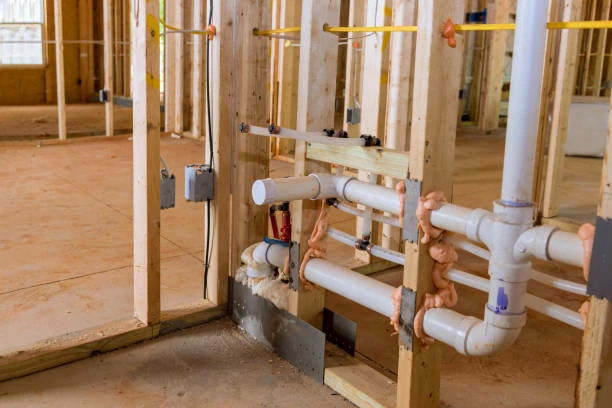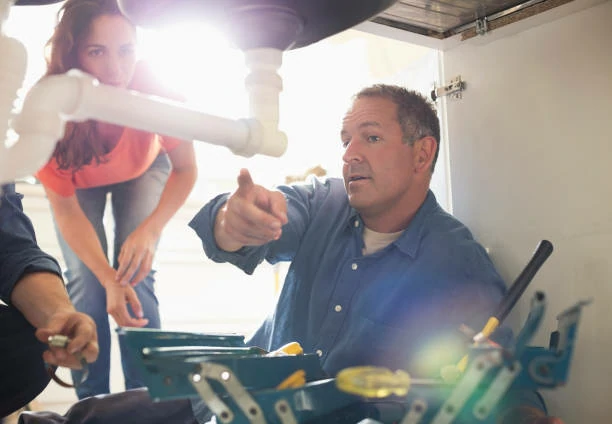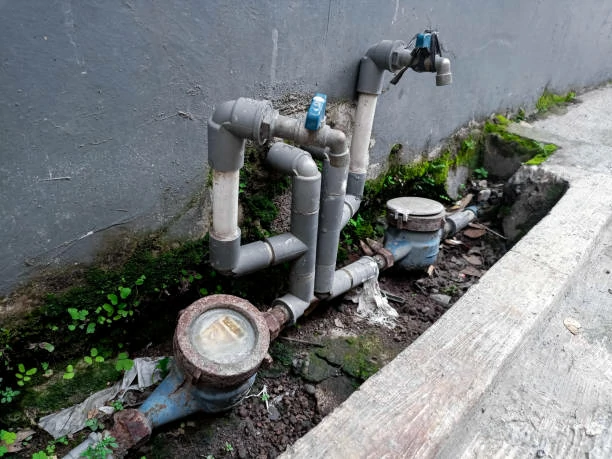Introduction
High-Density Polyethylene (HDPE) pipe are pivotal in drainage and wastewater treatment, offering efficiency, durability, and sustainability. This article explores HDPE pipes’ versatile applications, emphasizing their role in environmental protection and public health.
Efficient Drainage Systems
HDPE pipes are vital for efficient drainage systems, reliably conveying stormwater and runoff while preventing flooding and waterlogging.
Stormwater Management
HDPE pipe are used in stormwater management to transport excess rainwater, preventing flooding and safeguarding property during extreme weather.
Subsurface Drainage
In agricultural settings, HDPE pipes are deployed for subsurface drainage applications, facilitating the removal of excess water from soil profiles, reducing waterlogging, and enhancing crop yields and soil productivity.
Wastewater Treatment Facilities
HDPE pipes are integral components of wastewater treatment facilities, supporting the conveyance, distribution, and treatment of domestic, industrial, and municipal wastewater streams with efficiency and reliability.
Collection Systems
HDPE pipes are essential in wastewater collection, conveying sewage to treatment plants for purification.
Force Mains
In wastewater treatment, HDPE pipe convey pressurized effluent from pumping stations to treatment processes like filtration, aeration, and disinfection, ensuring proper sewage treatment.
Advantages in Drainage and Wastewater Applications
HDPE pipes offer a myriad of advantages that make them an optimal choice for drainage and wastewater treatment applications, surpassing traditional materials in performance and cost-effectiveness.
Chemical Resistance
HDPE pipe exhibit excellent resistance to chemicals, acids, and corrosive substances commonly found in wastewater, ensuring long-term integrity and reliability in aggressive environments.
Smooth Interior Surface
The smooth inner surface of HDPE pipe minimizes frictional losses, preventing debris buildup and ensuring optimal flow rates in drainage and wastewater systems.
Leak-Free Joints
The fusion welding technique used in joining HDPE pipes creates seamless, leak-free connections, eliminating the risk of water loss, infiltration, and environmental contamination in drainage and wastewater networks.
Flexibility and Durability
HDPE pipes’ inherent flexibility allows for easy installation around obstacles and terrain variations, while their durability ensures resilience to ground movement, temperature fluctuations, and external impacts, minimizing maintenance requirements and lifecycle costs.
Conclusion
In conclusion, HDPE pipes are indispensable in managing water resources and protecting public health and the environment. From stormwater management to wastewater treatment, they offer efficiency, reliability, and sustainability. As demand grows, HDPE pipe will continue to lead with innovation.
Contact
IFANPLUS is a specialized product series launched by IFAN, primarily covering plastic pipes, fittings, and various types of valves. We offer PPR and PVC pipes in German and American standards, ensuring the high quality and reliability of our products. IFANPLUS valve products include a variety of valves, from PPR valves to other diverse copper valves, catering to your specific requirements. Whatever product you need, IFANPLUS will be your reliable partner. Here is our contact information.
We will reply your email or fax within 24 hours.
You can call us at any time if there is any question on our production.
For more information,pls visit our webside https://www.ifanplus.com/
Pls Mailto: [email protected]






